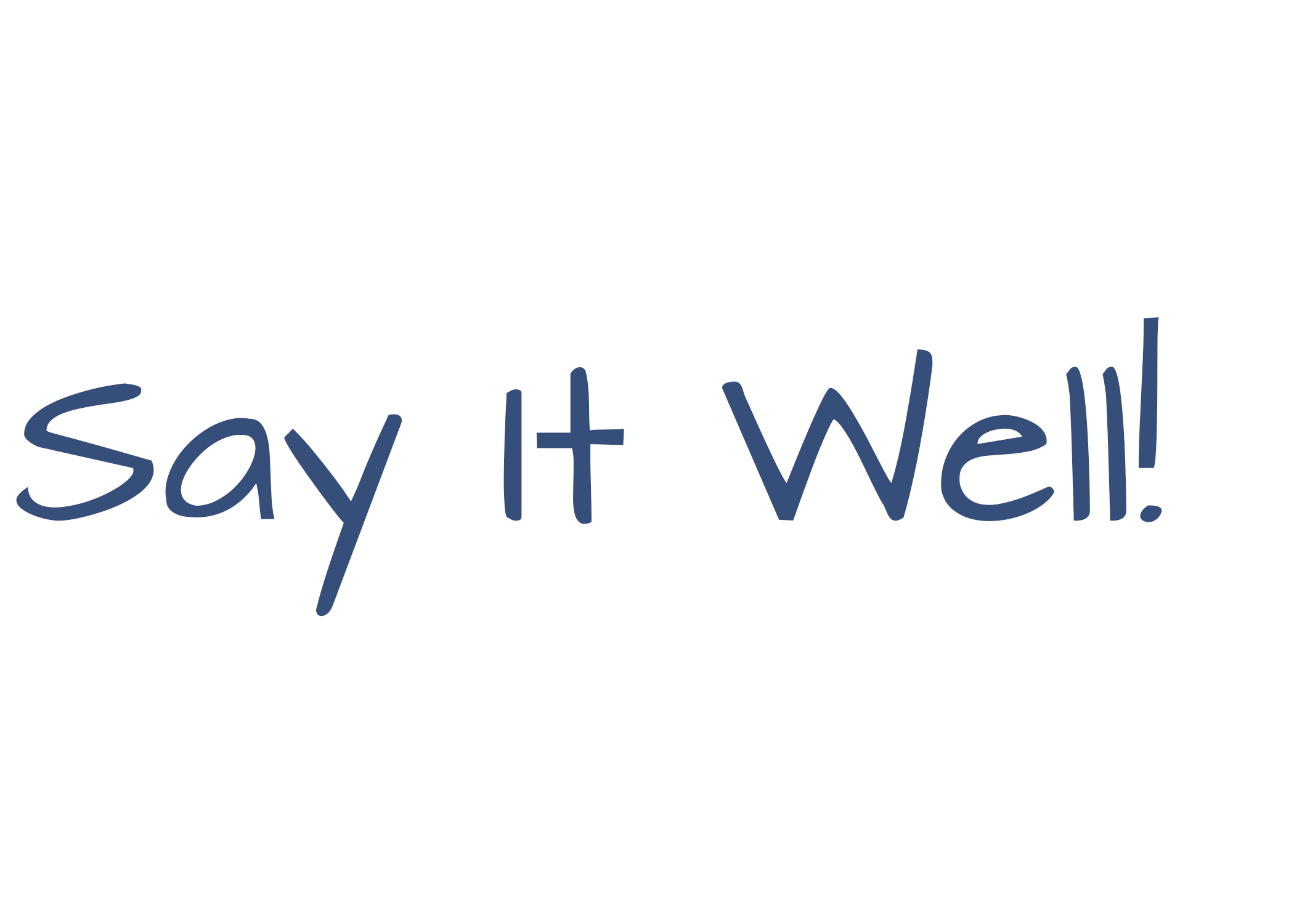Sounding Conversational
By Candice Coleman, PhD
Conversationality is the goal of most good presenters. Evaluations indicate that speakers who sound “real” are highly valued. Broadcasters who are confident and credible generally have higher ratings than those who sound stilted and “flat.” Audiences and congregations want to feel as if they’re a part of the “conversation” rather than being “preached” at or talked down to.
Part of developing a more conversational sound is how you pronounce and articulate certain words and phrases.
For example, one challenge for both the experienced and amateur presenter is that fact that certain monosyllables (a, the, but, and, them, etc.) have at least two different pronunciations (stressed and unstressed) depending on how they’re used in a sentence. In an effort to sound “articulate” or “proper” many people frequently overuse the stressed form.
A case in point is,
He began to pace to and fro.
The word “to” has two different pronunciations. The first time it’s in an unstressed position and should be obscured (tuh). The second time it takes the stressed form (too).
He began tuh pace too and fro.
Giving unstressed words a stressed pronunciation results in an overly-precise sound and gives listeners the impression that you think you’re “superior” to them. This is not necessarily sloppy articulation. It’s simply conversational, especially in American English.
Although you may think you know how the following words should sound, don’t judge too quickly. There’s more here than meets the eye.
“a” — You’ll be right 99% of the time if you use the unstressed pronunciation (uh) (uh box of chocolates). Only use the stressed form (long a) when referring to the letter “A” or for emphasis. (I said I’d take a kitten, not six.)
Overuse of the stressed form is a major issue for some of the biggest names in broadcasting and a fairly certain sign that a speech or a script has been memorized or read from a teleprompter rather than being delivered extemporaneously. It can also cause the listener to focus more on you than on what you’re saying or reading.
“the” — Use the unstressed form (thuh) before words starting with a consonant (thuh box), but (thee) before words starting with a vowel (thee apple) or for emphasis. (It’s the latest thing!)
Also, notice how much harder it is to say thuh apple? A voice specialist will tell you that you’re probably “shocking your glottis.” This can quickly tire your voice. Make it easy on yourself! Use the correct form of pronunciation.
“them” — The unstressed form is clipped (th’m). (I’m going to go see th’m.) The stressed or emphasized form takes a full pronunciation. (I’m going to go see them, not just her.) Make sure that the unstressed “th’m” doesn’t deteriorate into “thum.” It can cause the sound to fall into the back of your throat. This not only produces a “muddy” sound, but can cause undue strain on your vocal cords.
“and” — Use the stressed form for emphasis (And, of course, I will.) There are several gradations of unstressed forms. They range from an almost full stress before vowels (snow and ice) to very clipped (rod ‘n gun) or half-way between (man ‘nd boy). Train your ear to hear the differences by listening to people in normal conversation.
“that” — When you want to make a point, use the stressed form for emphasis (It’s that man!), but clip it (th’t) when unstressed (She’s the one th’t heard it.) Again, refrain from using “thuht”. (See “them” above.)
There are many other ways to increase your conversational sound, but simply knowing when you should use the stressed and unstressed forms of monosyllables will go a long way toward helping you sound more “natural.”
If you read sacred texts, click here for more articles directly related to this aspect of reading aloud.
View All Articles
©2025, Say It Well! Permission is given to reprint this article if the following is included: Reprinted by permission of Dr. Candice M. Coleman. She can be reached at 314-330-5493.

